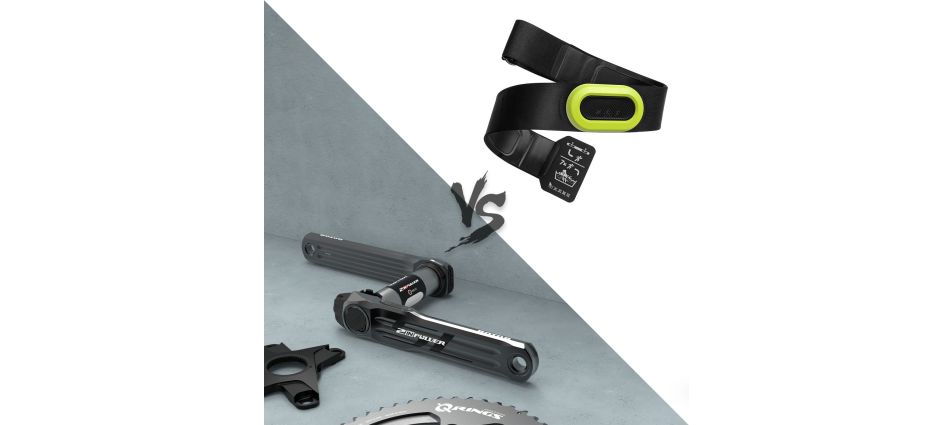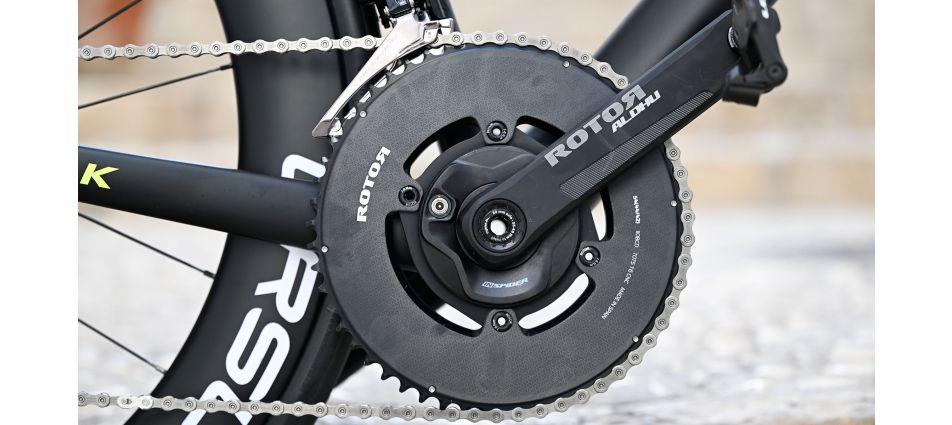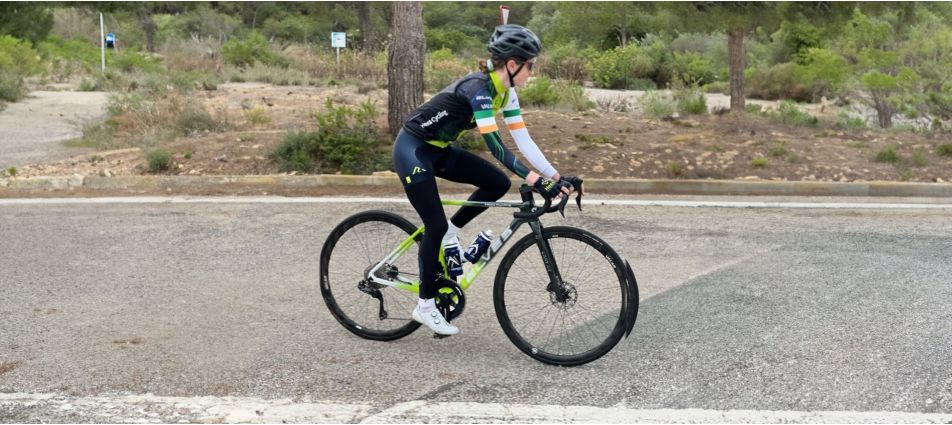How to Train with a Power Meter vs Heart Rate
With this article, we will make clear the differences between training with a power meter or simply with your heart rate. Is it worth investing money in a power meter? Here's everything you need to know.
September 8, 2023
402 view(s)





